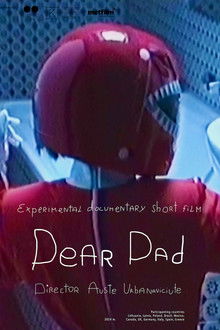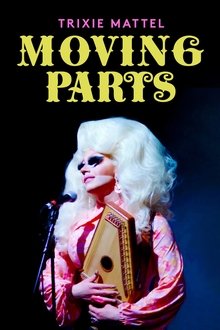This film is not about statistics, or science, or theories, or practices. It’s about mental health and courageously sharing our stories so others will know they are not alone. It’s about what’s happened to us, what will happen to our children, and breaking cycles that are killing us in dark places.
Related Movies

Bedlam (2019)
A psychiatrist makes rounds in ERs, jails, and homeless camps to tell the intimate stories behind one of the greatest social crises of our time. A personal and intense journey into the world of the seriously mentally ill.
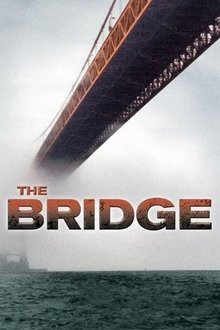
The Bridge (2006)
The Bridge is a controversial documentary that shows people jumping to their death from the Golden Gate Bridge in San Francisco - the world's most popular suicide destination. Interviews with the victims' loved ones describe their lives and mental health.
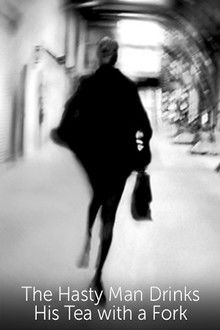
The Hasty Man Drinks His Tea with a Fork (2003)
A blend of drama and documentary, this film follows several people caught up in the turmoil of the modern world. The drama centres on a woman who has burned out and who holds up her own despair – and her attempts to rebuild her life – as a mirror to the rest of us. With a blend of gravity and humour, Sylvie Groulx's film shows the absurdity of a society dedicated to the cult of speed at all costs.

Afraid of People (2002)
This documentary follows the lives of several extraordinary people who have been diagnosed with social anxiety disorder. Through personal interviews, viewers learn about the symptoms, emotions, and challenges these people face and about the treatments available to help people on their road to recovery.
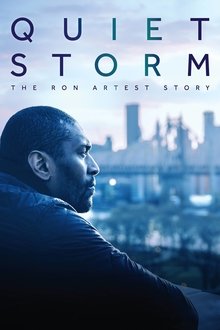
Quiet Storm: The Ron Artest Story (2019)
In the world of professional sports, no American athlete ever came back from a mental health disorder....until Ron Artest, now known to the world as Metta World Peace.
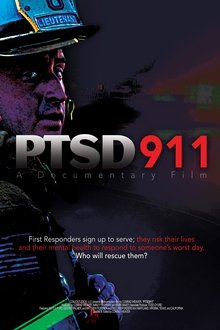
PTSD911 (NaN)
First Responders sign up to serve; they risk their lives and their mental health to respond to someone’s worst day. Who will rescue them? PTSD911 is a documentary film about real people: normal, average human beings who have chosen to work in professions that require above average heroism, fortitude, and resolve. These men and women have jobs that require a willingness to face things that most of us can’t even imagine, yet maintain a high level of dignity and professionalism. First responders in fact repeatedly see and experience things that most of us will never see, causing compound issues related to post-traumatic stress injuries and disorders.
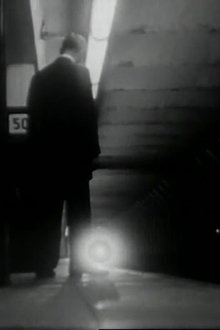
A Point of Return (1964)
A short film portrays the events of a depressed man's day, culminating, presumably, in his suicide, though the ending is ambiguous. Afterwards, a roundtable of mental hygiene professionals and social workers examine the film, while discussing the phenomenon of suicide more broadly.

Ernie & Joe (2019)
Ernie & Joe follows two officers with the San Antonio Police Department mental health unit who are diverting people away from jail and into mental health treatment — one 911 call at a time.

Mental as Everything (2021)
Damon Smith has estimated that he has spent around 50,000 hours of his life, so far, participating in absurd ritualistic behaviours associated with his obsessive compulsive disorder (OCD). With a diagnosis of both, OCD and Bipolar Disorder, and with the help of his anxious friend, Adam Coad, these Australian singer-songwriters share, through original music, preposterous humour, and outlandish animations, the intricate and debilitating nature of what it is like to live and talk about mental illness in a world where it’s ok to talk about a broken arm, but not ok to talk about a broken mind.

Scars (2020)
Alex Anna’s body is a canvas: her scars come to life to tell a new story of self-harming.
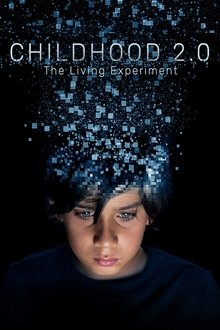
Childhood 2.0 (2020)
For the first time in history, mental illness and suicide have become one of the greatest threats to school-aged children. Many parents still view dangers as primarily physical and external, but they’re missing the real danger: kids spending more time online and less time engaging in real life, free play, and autonomy. What are the effects on the next generation's mental, physical, and spiritual health? Childhood was more or less unchanged for millennia, but this is Childhood 2.0.
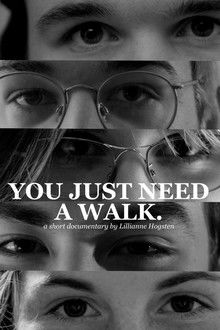
You Just Need a Walk. (2022)
Five subjects from Gen-Z take the PHQ-9 - a survey to assess the degree of one's depression severity. They -also- have a lot to say.
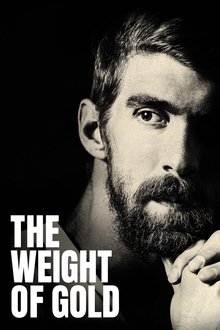
The Weight of Gold (2020)
Just like one in five Americans, many Olympic athletes similarly face serious mental health challenges and struggle to find the necessary support and resources. The Weight of Gold seeks to inspire discussion about mental health issues, encourage people to seek help, and highlight the need for readily available support.
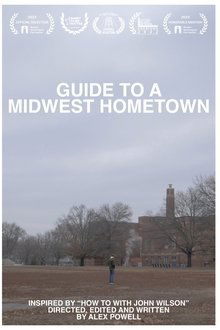
Guide to a Midwest Hometown (2022)
Coming back during Winter, Alex Powell explores both the places and personal connections found in his hometown and how they've changed. “Guide to a Midwest Hometown” explores what makes the barren places at home feel sentimental and special, and the good and bad feelings that come when being back home. Inspired by "How To With John Wilson".

Unit of Difficult Patients: What Future for the Criminally Insane? (2017)
With unique and exclusive testimonies from doctors, nurses, loved ones, and patients we go behind closed doors to examine a high security psychiatric facility that takes care of some of the most dangerous patients.

Afterword: Images of the Unconscious (2014)
Dialoguing directly with the trilogy of documentaries “Images of the Unconscious”, made between 1983 and 1986 and based on clinical cases and therapies with a humanist approach and artistic expression, conducted by the pioneering psychiatrist Nise da Silveira (1905-1999) – screenwriter of that film –, here is presented, in two parts, an interview with the doctor, a student of Carl Jung and a pioneer in the application of non-violent treatments for psychiatric patients, given to director Leon Hirszman, in 1986. The conversation is divided in two parts: the first, "The emotion of dealing", the second, "The egress".

Awareness in the Dark; Let's Get Mental (2016)
Filmmaker Gentamu McKinney and medical professionals recall experiences with mental illness and provide insight into the unique mental health struggles faced by the black community.
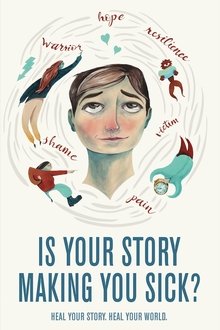
Is Your Story Making You Sick? (2018)
Humans are story-telling creatures. By thinking, we all unconsciously "author" a self-story in our heads. Most often, the characters and plot of our story is framed by negative experiences from childhood. These painful "stories" then determine our emotions, leading to unhealthy stress, and changes in body chemistry. This is how a person's self-story can turn into a stress-related illness.
